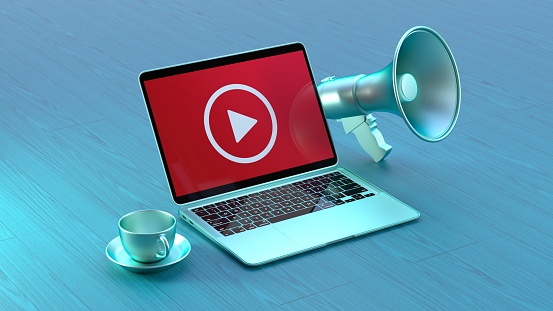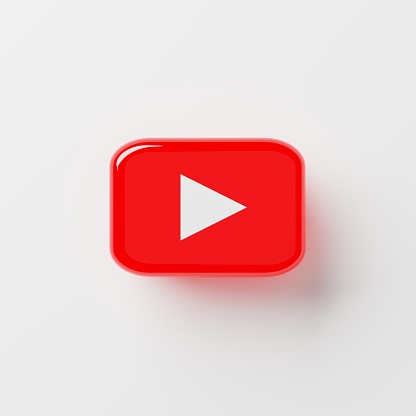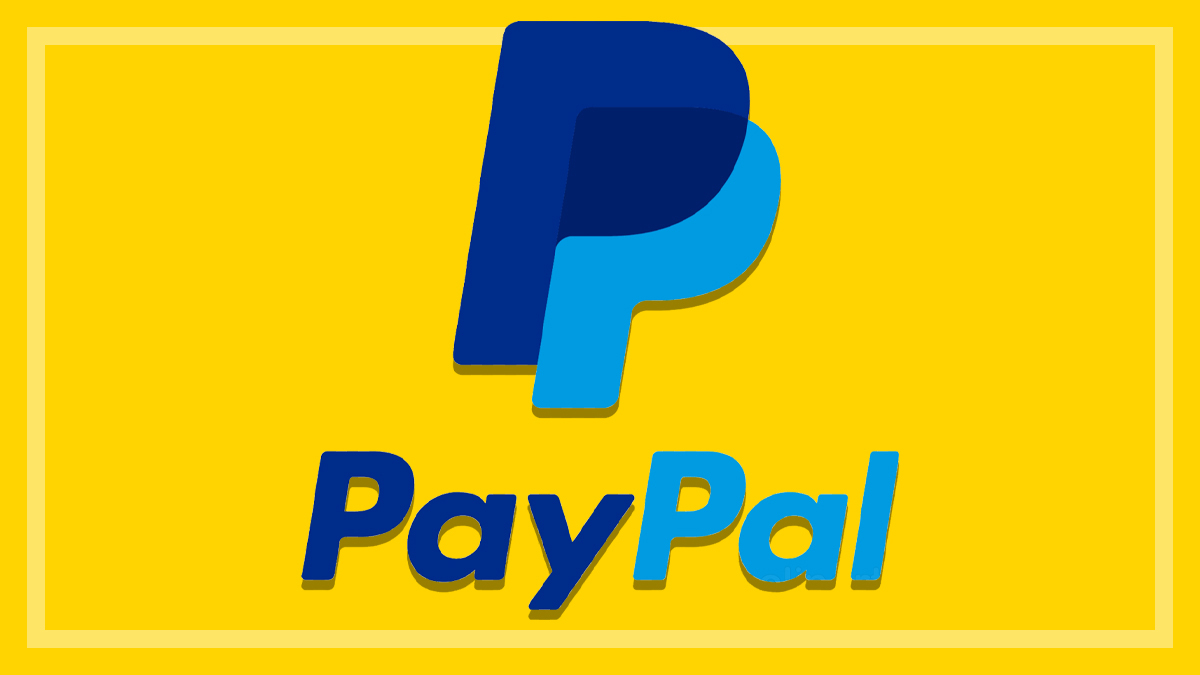Biggest video promotion mistakes you might be making and how to fix them
Every brand has its own process for promoting new products. Similarly, every creator develops their own video promotion strategy. Some video marketing practices are more effective than others, but creators often find themselves stuck repeating the same mistakes.
These are the biggest video promotion mistakes you might be making. Find the ones you’re guilty of and read below for how to correct them.
1. You don’t include video links in your posts.
As soon as you upload a new video, you fire off a tweet alerting your audience. You might update your Instagram story or your Facebook fan page as well. While these posts are a great way to let your followers know there’s a new video to watch, they aren’t as effective when you don’t include the link to the video.
Always include a direct link in any post promoting a video.
In order for your social media posts to promote your new videos as effectively as possible, you need to make those videos as easily accessible as possible. Put the direct link to the video at the end of any social media post promoting it. If you can’t add links to the post itself, then you can let your followers know the link is in your bio instead.
Speaking of bios, your social media bios should include your channel name. That way, anyone who comes across your profile immediately knows you’re a YouTuber. Include your channel link in the website section as well.
2. You haven’t established your channel’s identity.
You love what you do, but you couldn’t summarize exactly what you do in a single sentence. Your channel’s look depends on what style you’re feeling at the moment, and your content could best be described as “whatever video I felt like making that week.” Your passion for content creation is evident, but you haven’t established your channel’s identity.
Build your channel’s brand.
Even if your name and your channel’s name are synonymous, you shouldn’t think of yourself and your channel as one and the same. Rather, your channel should be branded as a separate entity. It’s your business, so it needs a professional look. Start by determining the message you want your channel to convey. If your content came with a tagline, what would it be?
Then, use that message to help you focus on a content niche. From there, determine a color palette and design a channel logo. Base the rest of your channel art, such as your icon and banner, off that channel logo. Finally, create a channel trailer that introduces new viewers to the message driving your content.
3. You don’t utilize the best keywords in your titles and descriptions.
A punchy title can catch a viewer’s eye, but your video titles should do more than grab viewers’ attention. The words your title contains can actually determine where your video appears in the search results and what videos it’s recommended after. As a result, a misleading or mysterious title can actually drive viewers away from your video.
Utilize SEO to help your videos reach the right audience.
Search Engine Optimization is the practice of using keywords to reach more potential viewers. Businesses and blogs utilize SEO to drive traffic to their websites. The basic idea is that by placing popular search terms in your video titles and description, you can boost your video’s place in the search results.
The keywords you should use vary from channel to channel. They’re based on content niche, current trends, and target demographic. To find the right keywords for your channel, you should conduct keyword research.
4. Your strategy is inconsistent.
Your channel goes through highs and lows. Some weeks, you get a ton of views, and others, you can’t get your numbers up no matter what you try. You don’t understand why your viewership isn’t consistent from video to video. The likely answer, however, is that your strategy is inconsistent.
When you find the upload schedule and promotion practices that work best for you, stick with them.
A lot of your inconsistent viewership probably boils down to your erratic upload schedule. If you upload irregularly or constantly miss uploads, then your viewer will lose interest in your content. Your videos might not even appear in their subscription boxes at all. Therefore, you should find the upload schedule that works best for both you and your viewers. Then, be consistent with both the day and time you upload moving forward. Having an upload schedule does a lot of promotion for you because viewers automatically know when to expect new content.
Similarly, you should experiment with different promotion practices until you find the ones that work best for you. What works best for other creators might not have the same effect for you. For example, the platforms you use to connect with your audience outside of YouTube might differ based on their demographic. A creator with a teenage audience might get more clicks from promoting their videos on Instagram, while a creator with a middle-aged audience might get more traction from Facebook. Overall, once you find the strategies that work best for you, the most important thing is sticking with them.
5. Your call-to-action doesn’t include sharing your video.
At the end of every video, you remind your viewers to like, comment, and subscribe. You might also direct them towards a playlist that’s linked in the end screen or new merch that’s linked in the description. While your call-to-action is effectively promoting other videos and projects, it isn’t doing much to promote the video it’s a part of.
Ask viewers to share your video.
Add a line in your call-to-action asking to share your video with their friends. You might even incentivize them by engaging with followers who share your videos on social media. You can follow them back, retweet their posts, or even send them DMs to say thank you.
You can repeat this call-to-action on social media. A few days after your new video goes live, post that you’ll be engaging with followers who share it on their own profiles. You might even ask them to tag a friend they think would enjoy your content.
YouTube video promotion comes with a learning curve. However, by being aware of common pitfalls, you can be a step ahead of the game. Correct your mistakes early-on so that you can focus on finding the most effective ways to promote your videos.
Related Posts



















